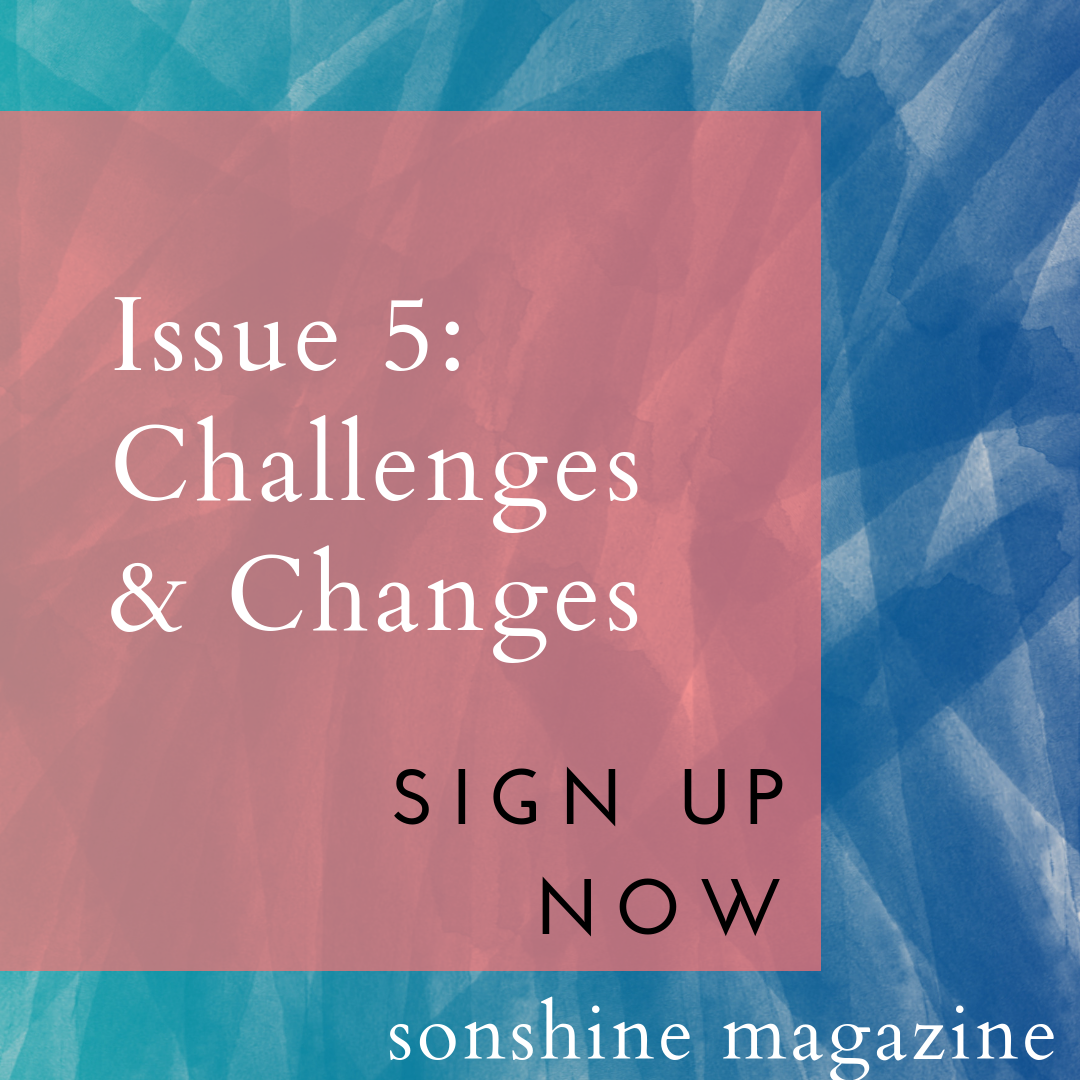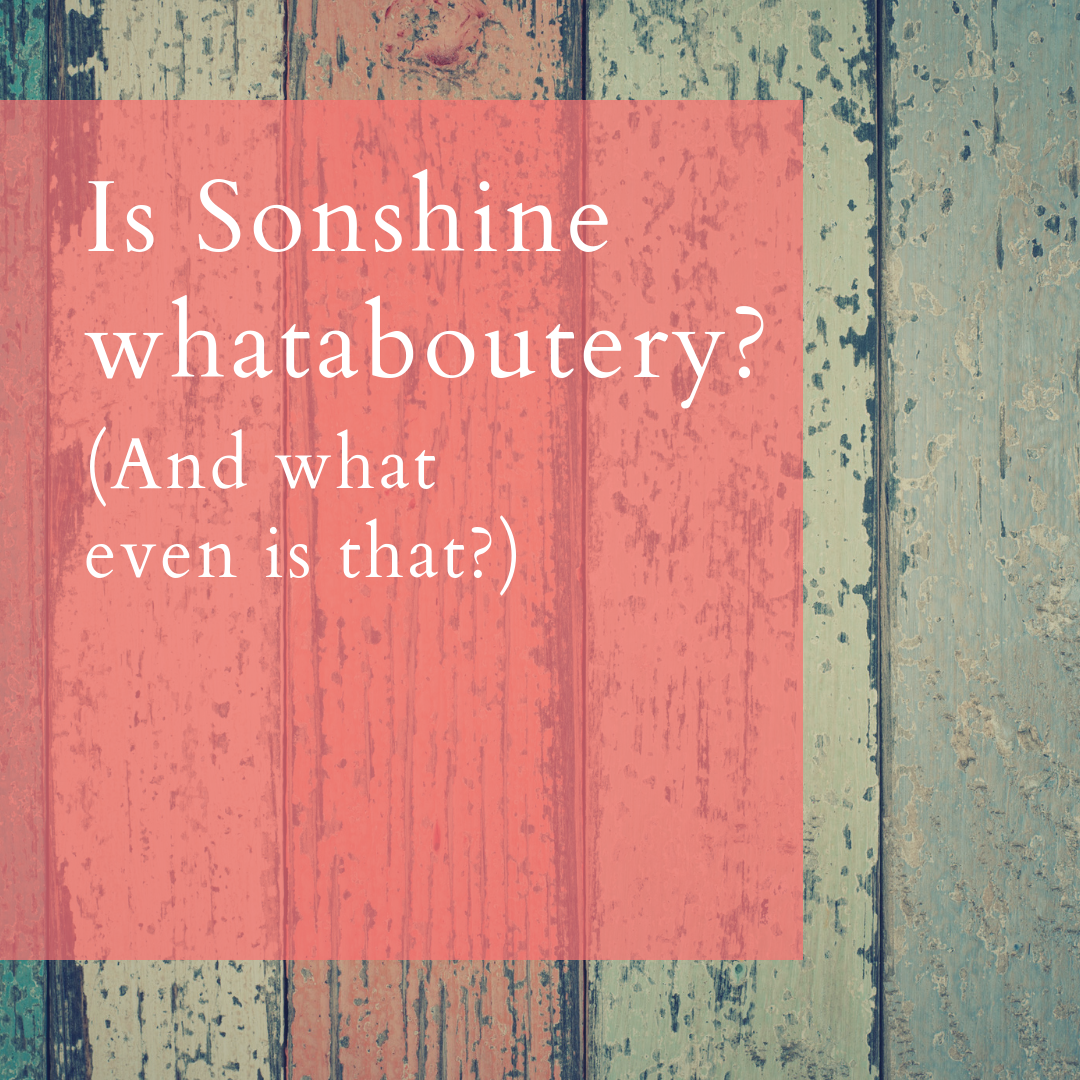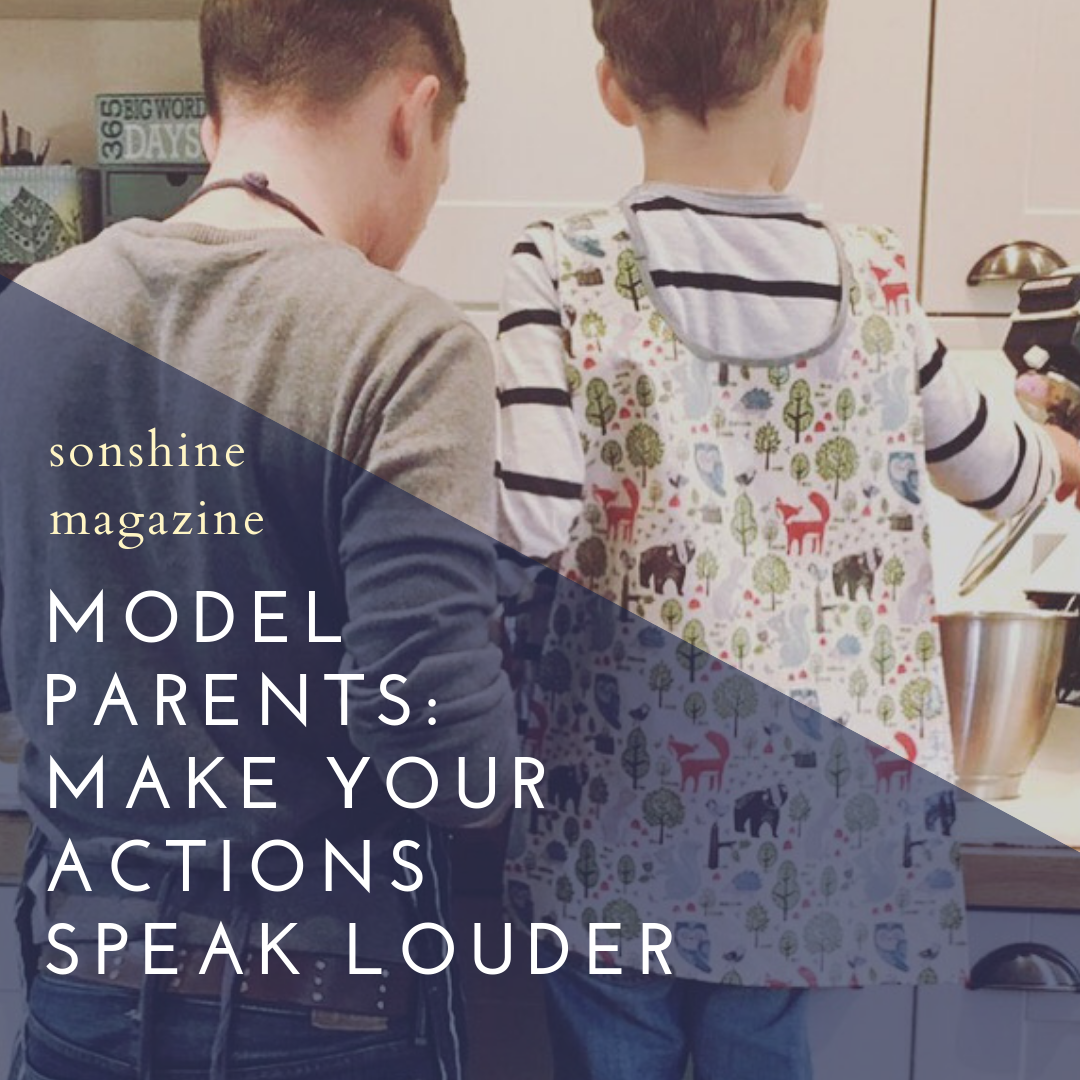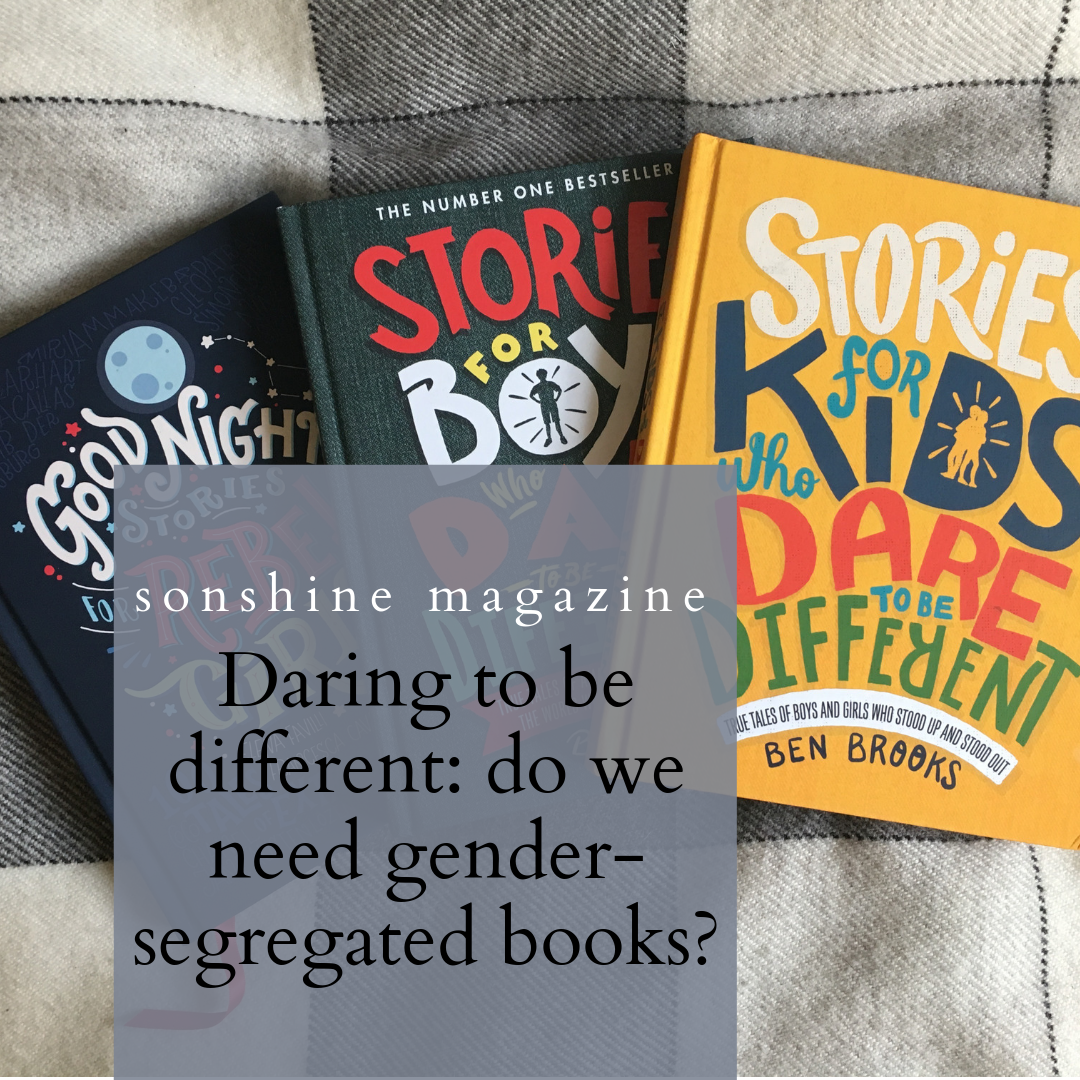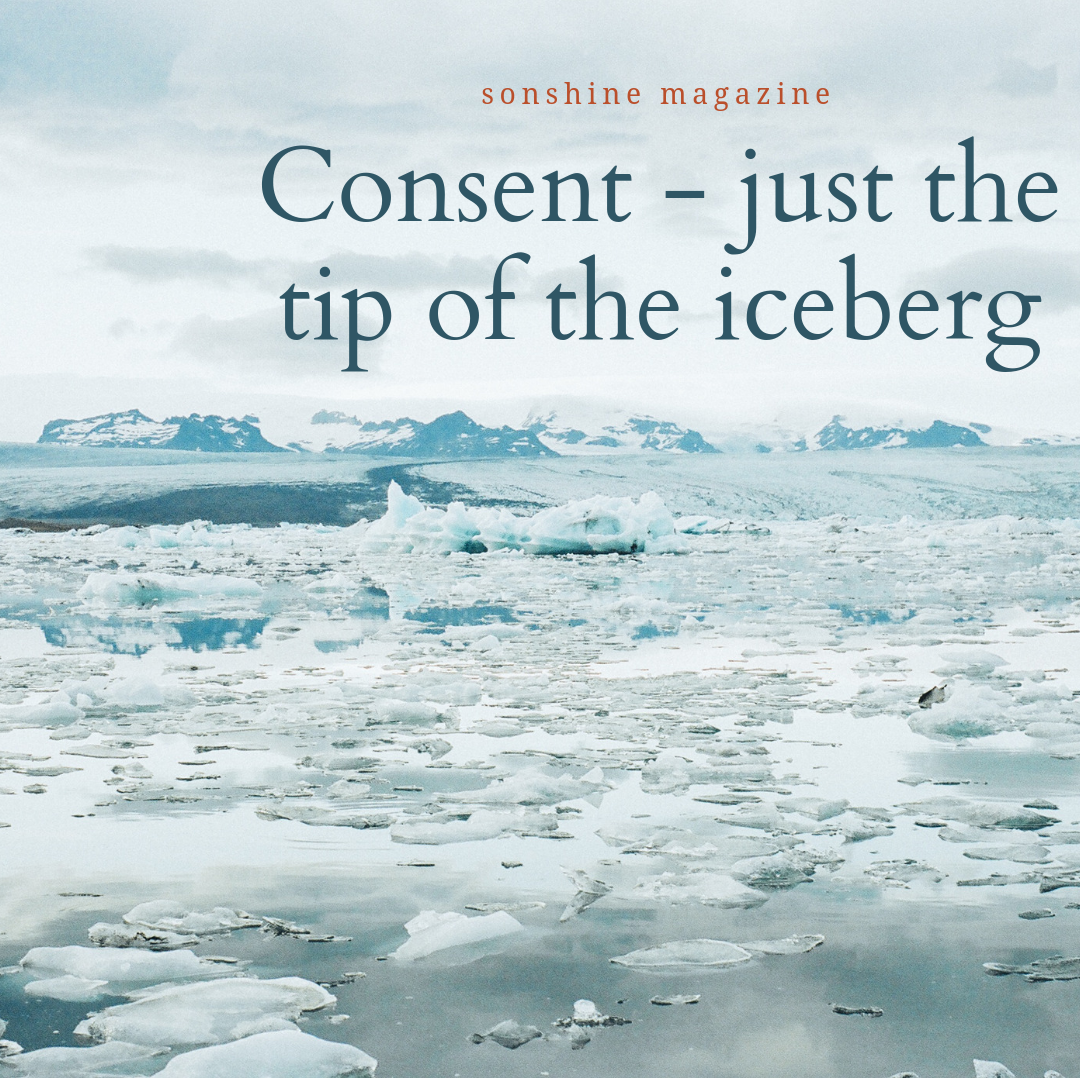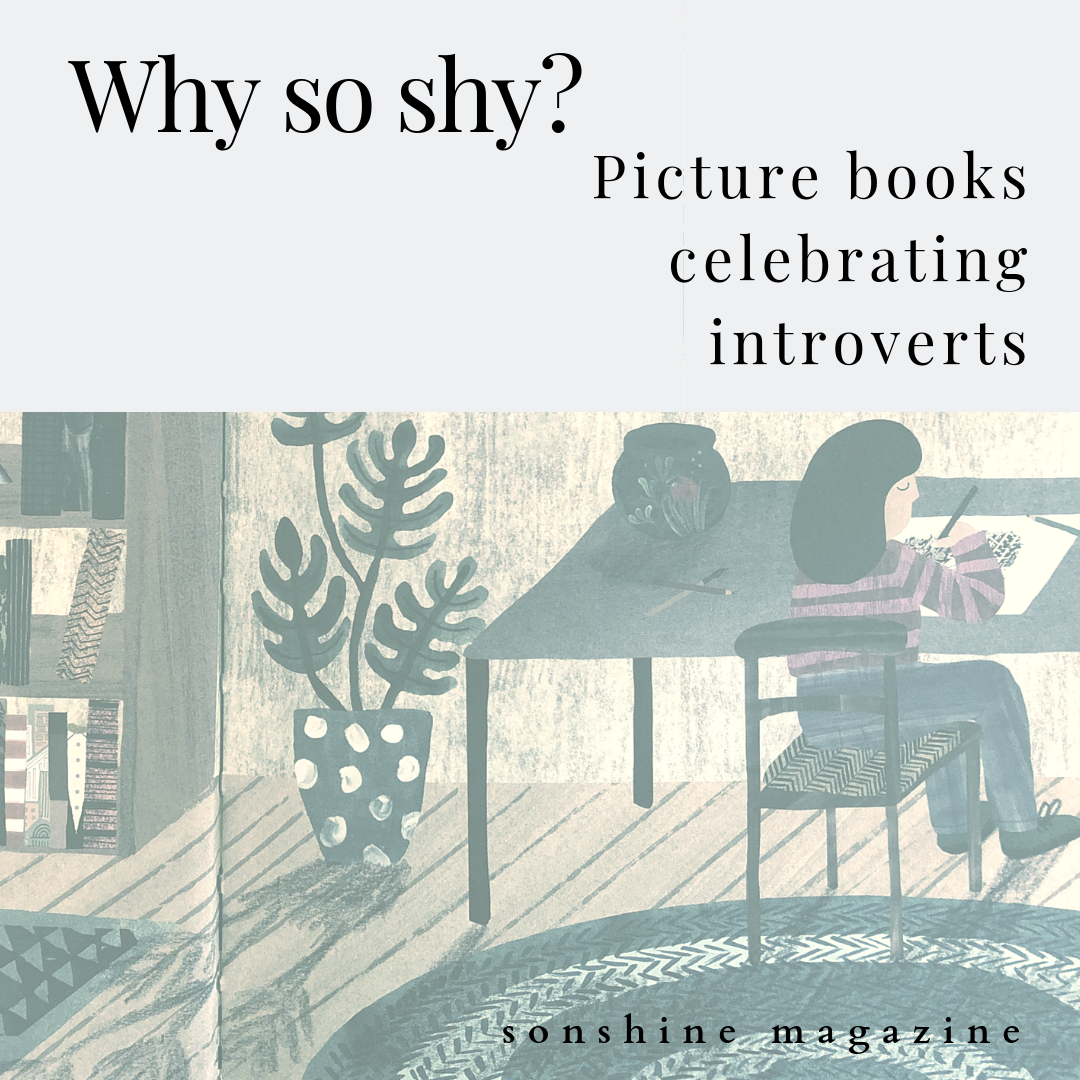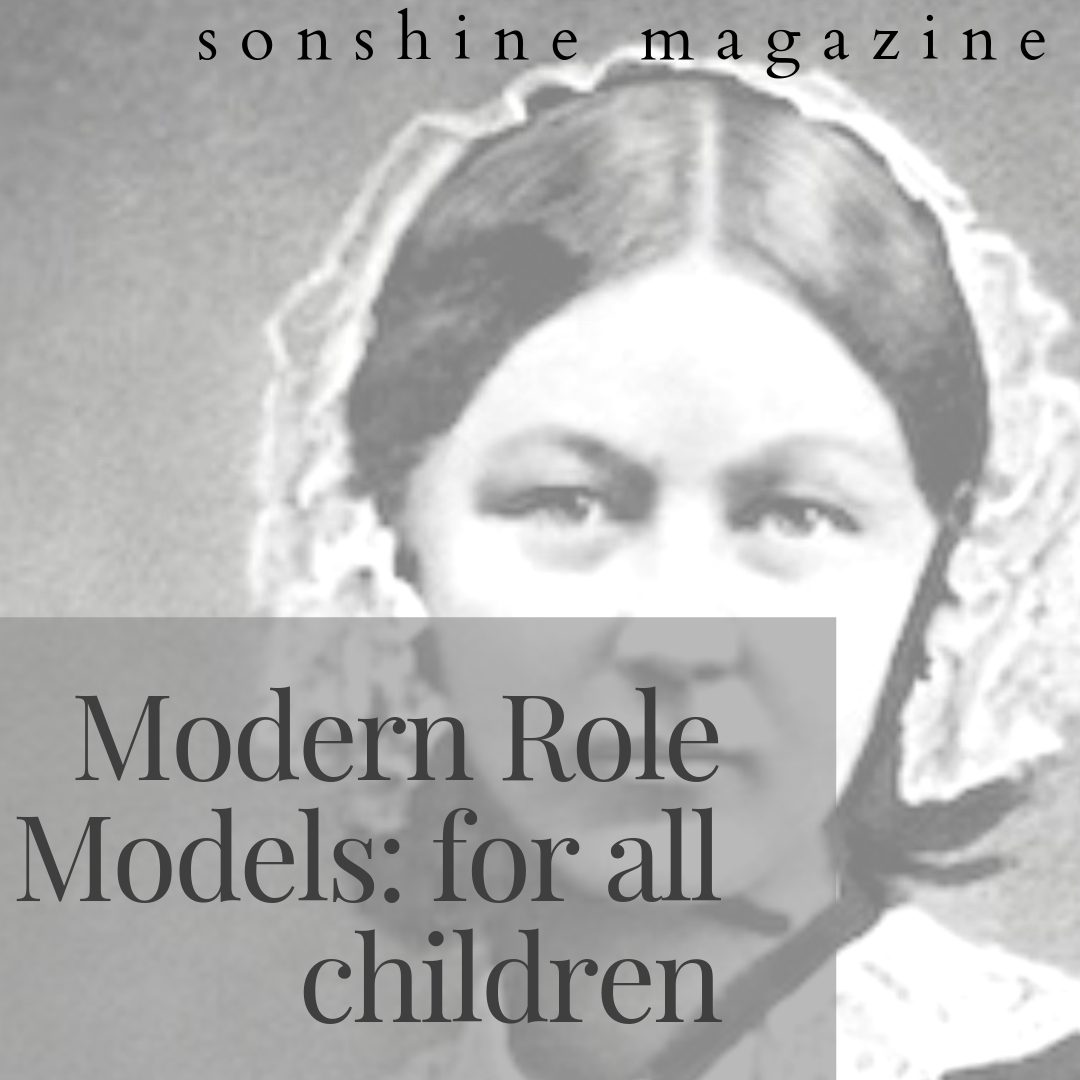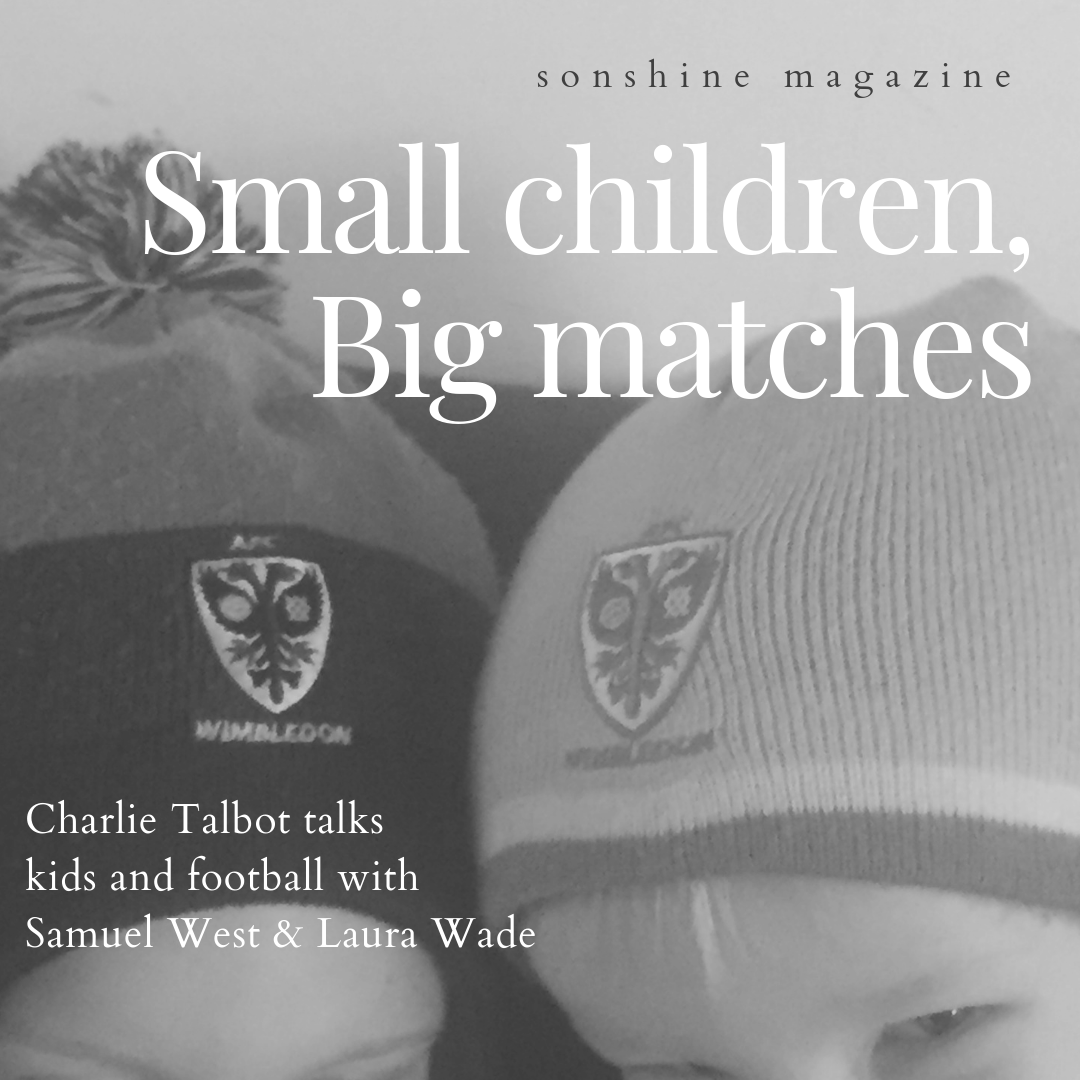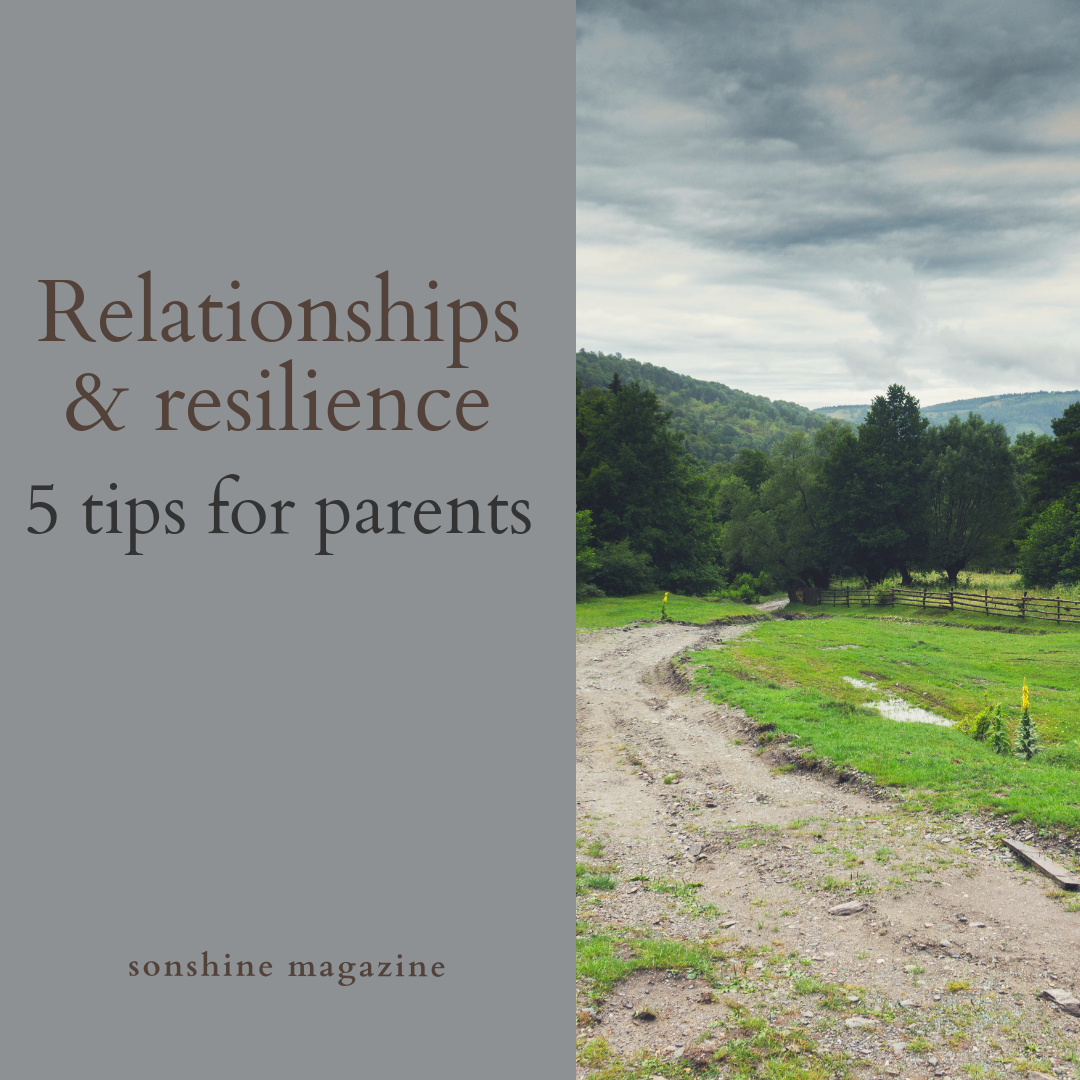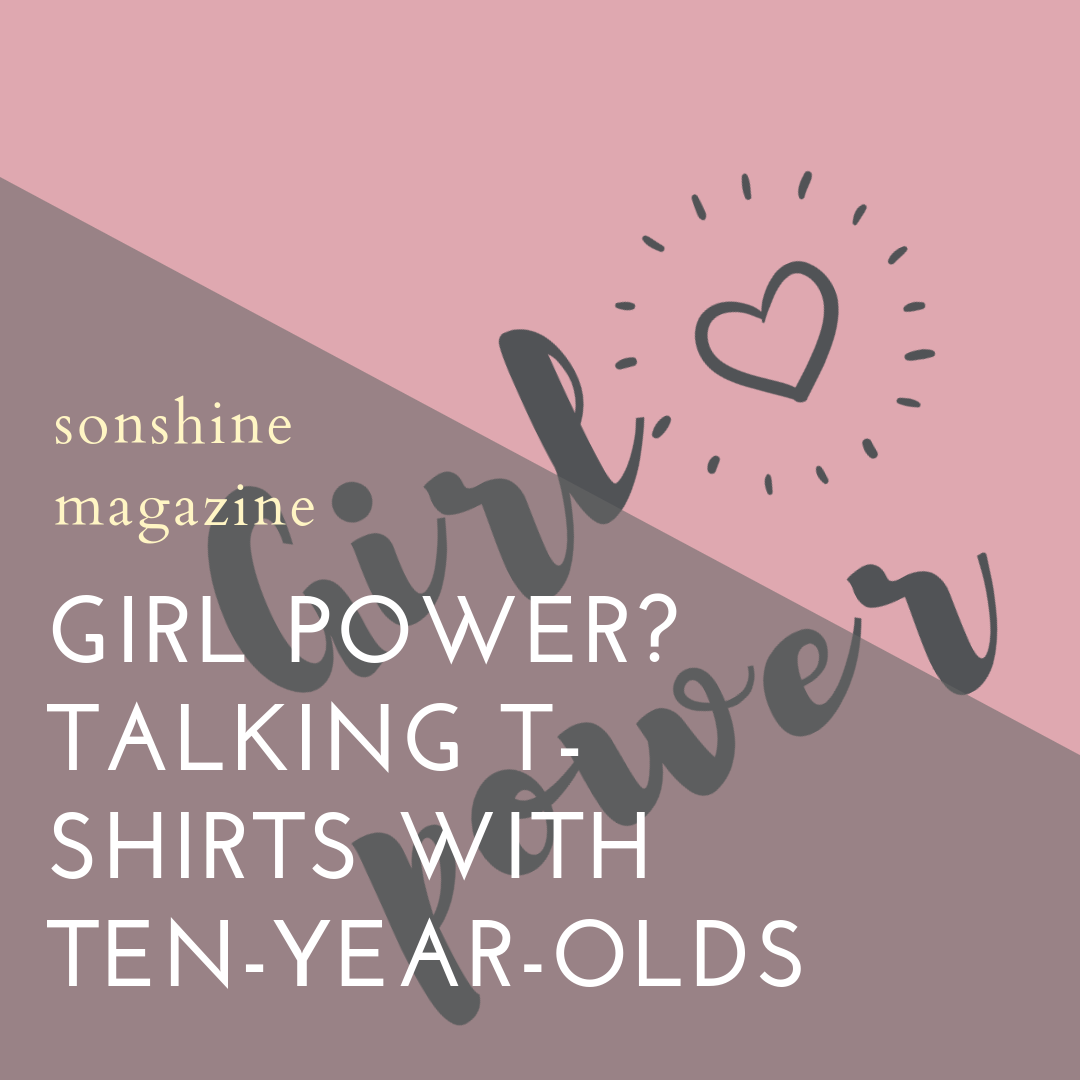Talking T-shirts with ten-year-olds: Girl Power, Sexism and Respect
Girl Power slogans are back – maybe it’s to do with #MeToo, maybe it’s the Spice Girls reunion. But it’s been a topic of conversation at Sonshine and readers have asked us to cover it. Abigail Youngman talks to her sons and their friends to find out what they think about it.
It started with a ‘girl power’ t-shirt.
My son, who is ten, saw a girl at his school wearing one. He asked if it’d be OK for him to have a t-shirt that said, ‘boy power’. I told him that I didn’t think that would be a great idea. Obviously, he wanted to know why.
As the mother of sons, I want my boys to respect girls and women and view them as equals, but I don’t want them to fear their masculinity or feel despised for it. It’s a difficult line to walk. It’s important that they are aware of the oppression of women and I want them to be feminists, but I’m wary of them feeling like this is another chore that’s expected of them; like homework, tidying their rooms and eating green vegetables.
The key to tackling this parenting challenge, as always, is to talk about the issues openly and encourage debate. (Even if it is much easier and quicker to yell, ‘because I say so.’) As most parents will be only too aware, children have a strong sense of what is fair and they are not innately sexist, so they are in fact already pretty well equipped to consider issues around gender and equality. With that in mind, it’s important to allow children to talk about their own experiences, and express your opinions as just that, opinions, rather than telling them what to think. That’s the ideal anyway. Can’t say I always live up to it.
Anyhow, back to t-shirt-gate. Over supper that evening, we talked about the ‘girl power’ t-shirt, and why it existed. My elder son, who is 15, was indignant. As he saw it, his generation of boys were being penalised for what other people, in other places and times, had done. Sometimes he just felt like boys were seen as bad.
For both my sons their female peers are their equals. My younger son in particular has strong friendships with girls. He knows that the world is not as equal as our little corner of it might seem; he’s heard of Malala Yousafsai. But the gender pay gap, #metoo and everydaysexism.com aren’t routinely part of a ten-year-old’s consciousness. Should they be?
We decided to investigate what girl power meant to other children his age. So my son invited some of his friends, aged nine and ten, over to talk about it (and play football).
“‘It’s like, ‘girls rule’ or ‘boys rule’; it’s mean.’ ”
The boys felt that ‘girl power’ was sexist, in the same way as boy power would be. ‘It’s like, ‘girls rule’ or ‘boys rule’; it’s mean.’
But they understood why girls might need more power. They were all aware of inequalities; of how girls didn’t have access to the same education as boys, and hadn’t been allowed to vote or pay taxes (who knew that taxes would loom large in a ten-year-old’s brain?), and that housework (mysteriously to my son) was once seen as women’s work. But it was a girl who knew that women are still paid less than men, and that women had been men’s possessions.
“‘The teachers call boys ‘boisterous’, but they don’t call the girls ‘girl-sterous’!’ ”
Both boys and girls felt that they had experienced sexism at school. They agreed that boys and girls were punished in different ways for the same misdemeanour. The boys said that teachers see them as more likely to make trouble than girls, and so they would be punished more harshly, particularly for fighting. ‘The teachers call boys ‘boisterous’, but they don’t call the girls ‘girl-sterous’!’ The girls agreed that boys were told off more frequently, but felt that they were punished less severely than girls; as though the teachers expect girls to be more sensible and obedient than boys.
(IMHO, punishments are probably not harsher for one sex than the other. The gender-bias in the children’s opinions is due to the way punishment teaches resentment, rather than respect or understanding. Punishment makes people (especially children) feel like victims and the sadness that causes is profoundly disempowering.)
Girls gave examples of gender stereotyping at school, for example fairy stories where female characters are 'saved' by male characters. Impressively, one girl said that she consciously avoided playing any games that involved stereotypically gendered roles. But sometimes when the girls joined in stereotypically male games, for example football, the boys objected. One of the girls thought that wearing a 'girl power' t-shirt on the football pitch might help her to ignore their sexist comments!
“‘what if girls are like the kid in the corner, who’s been held back for ages? What if girls are like that kid when they have a brilliant idea and get to be clever? Maybe it’s our turn? Maybe it means other people have to go in the corner?’”
So sexism is alive and well in Year 5 and it’s an issue for these children, which makes it all the more important that they are able to recognise and challenge prejudiced thinking.
Encouragingly, they did firmly agree that everyone should be treated equally, but they disagreed about how this might be achieved. Giving girls more opportunities to compensate for past inequalities seemed very unfair to the boys.
‘Yes, but,’ one of the girls spoke out, ‘what if girls are like the kid in the corner, who’s been held back for ages? What if girls are like that kid when they have a brilliant idea and get to be clever? Maybe it’s our turn? Maybe it means other people have to go in the corner?’
In response to this idea one of the boys said, ‘Two wrongs don’t make a right.’ My son added that it could go too far; that girls could get ‘all boasty’.
‘You have to treat people according to ability,’ the girl replied.
‘Yes, but you can do it in a good way.’ A boy agreed.
Then she said, ‘Like you should say ‘ladies first’.’
‘That’s sexist,’ he replied.
‘Maybe the problem is picking sides in the first place,’ said one of the boys. ‘People need to learn not to, but it’s hard to see other people’s points of view. People will always disagree.’
‘Yes,’ said my son, ‘There’s always going to be the angry person who disagrees.’
Thinking about how to change things, one of the children drew a parallel with video games. He said that it was as if, for a long time, the boys had been in charge of the controller, so maybe it was the girls’ turn. Another child took the metaphor further; maybe what was needed was two controllers! (The cynic in me feels that this solution possibly has as much to do with how much these kids value their screen time, as with finding a solution to the problems of gender equality in the modern world.)
As for whether or not, my son should have a ‘boy power’ t-shirt, it was suggested that maybe he’d like to wear a ‘girl power’ one, to show solidarity with his female friends, or that he could have a t-shirt that said ‘boy power AND girl power’, to show that boys and girls are equal. Or perhaps a t-shirt with ‘peace and love’ on it would be the best option?
And what did I learn from the kids? I came away from the conversation really impressed by how thoughtful they were, how carefully they listened and how much respect they showed each other.
Maybe that’s the word that we need on t-shirts for both boys and girls: ‘respect’.
[With thanks to Finn, Rose, Jakob, Iona, Reuben and Francesca.]
Abigail Youngman is a radio drama writer, script editor and mother of two


